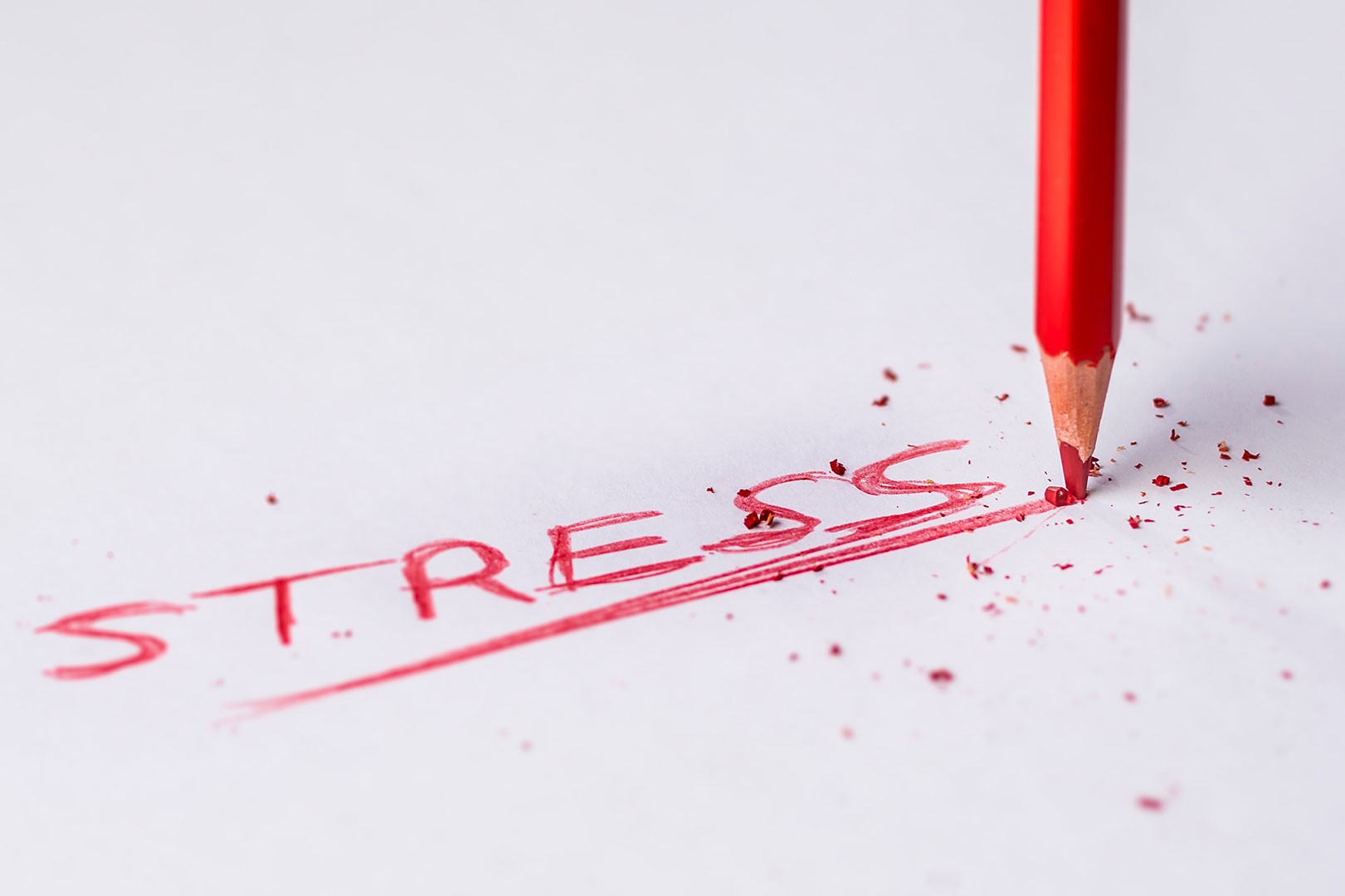
21
DecWhat causes depression?
Everyone can have a low mood or feeling down, but depression is more than that. Depression can make you feel unhappy or sad for weeks or months at a time and affect various aspects of your lives, including personal, social and professional relationships.
While some of you might consider depression as a commonly experienced problem, it is actually a real psychological condition. Recent research has shown that if affects approximately one in ten people over the course of their lives. Depression impacts people from all genders and age groups, including young children.
Please note that when having the right support and treatment, most patients recover fully from depression.
How to know that I have depression?
Depression comprises a wide range of physical and psychological symptoms.
Psychological symptoms
Please note that this is not an exhaustive list. Symptoms may vary from one person to another.
Feeling hopeless; guilty; anxious; tearful; irritable; worried.
Losing motivation; losing interest in activity you generally enjoy.
Having difficulties when making decisions.
Thinking about harming yourself or having suicidal thoughts.
Avoiding spending time with your family and friends.
Avoiding social activities
Neglecting working tasks
Having communication difficulties
Isolating yourself
Physical symptoms
Decreased or increased appetite and body weight
Disturbed sleep
Decreased energy levels
Unexplained aches and pain
Changes in menstrual cycle
Please note that it is common to feel anxious or sad during difficult circumstances and you can get better after a short time, rather than being affected with depression. However, if the symptoms persist, you should consider looking for a professional help.
Causes of depression
There is not one single cause that contributes to depression. For example, some people can be affected after a traumatic event, like a bereavement or losing a job. Other people experience depressive symptoms related to money worries or family issues.
Please note that different causes can combine and trigger depression. This is called ‘downward spiral’ – one thing causes related problems that combine to cause depression. For instance, you can lose your job. This might make you feel sad. As a result, your partner may become irritated and distant. Then you can start to smoke and to drink more alcohol and isolate yourself.
International research has shown that depression is highly associated with poorer economic and social circumstances. However, it might affect everyone, no matter their social and economic status.
Other causes of depression
There are other things that can contribute to depression. However, they differ from one person to another.
Family history
It is more likely to develop depression if a parent or a sibling has experienced it before.
Personality traits
Some personality traits such as low self-esteem, continuous critics towards yourself or having high expectations can put you at a higher risk of developing depression. Please note that these personality traits can come from your genetic background or can be as a result of experiences and traumas in your childhood and earlier life.
Loneliness
Isolating yourself and avoiding social contacts can also put you at higher risk of developing depression.
Stressful and traumatic situations
Sudden changes in your life, such as bereavement, the loss of a job or the end of a relationship can be challenging to deal with. When these events happen, don’t isolate yourself. Keep talking to family and friends, instead of trying to find solutions by yourself.
Do not hesitate to request a professional help. You are not alone!
Cognitive Behaviour Therapy (CBT) and Psychodynamic Therapy has shown excellent results when treating depression. To learn more about CBT and Psychodynamic Therapy applied to depression, email me on: info@angelpsychology.com. You can also visit www.angelpsychology.com to find out high quality scientific-based information about a wide range of psychological problems.
With warm wishes,
Dr Ivanka Ezhova
Founder of Angel Psychological Therapy – Online Psychological Practice
- 21st Dec, 2019
- Mental Health











